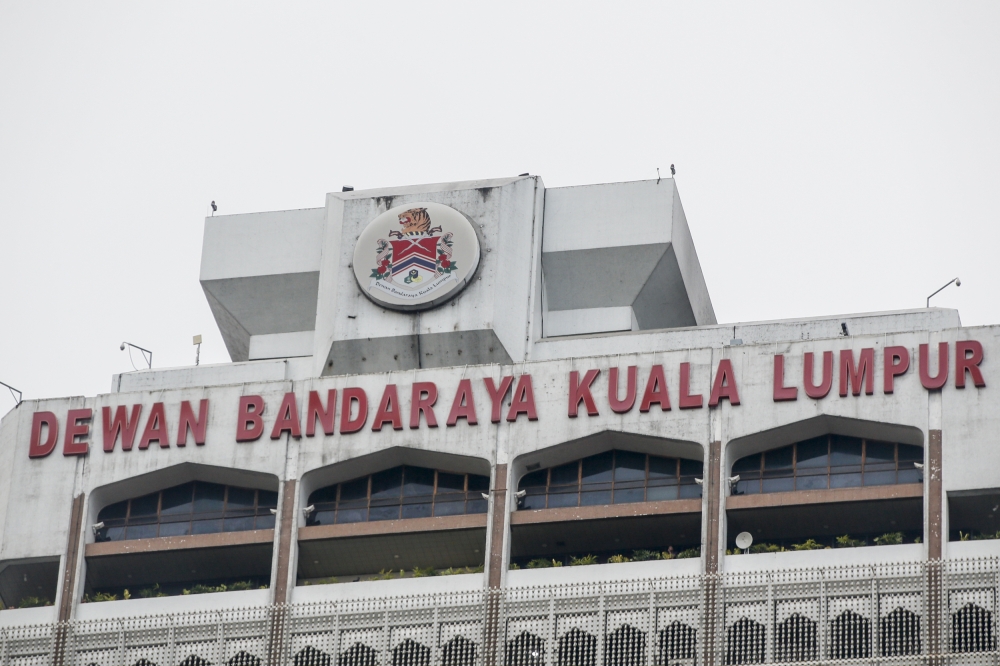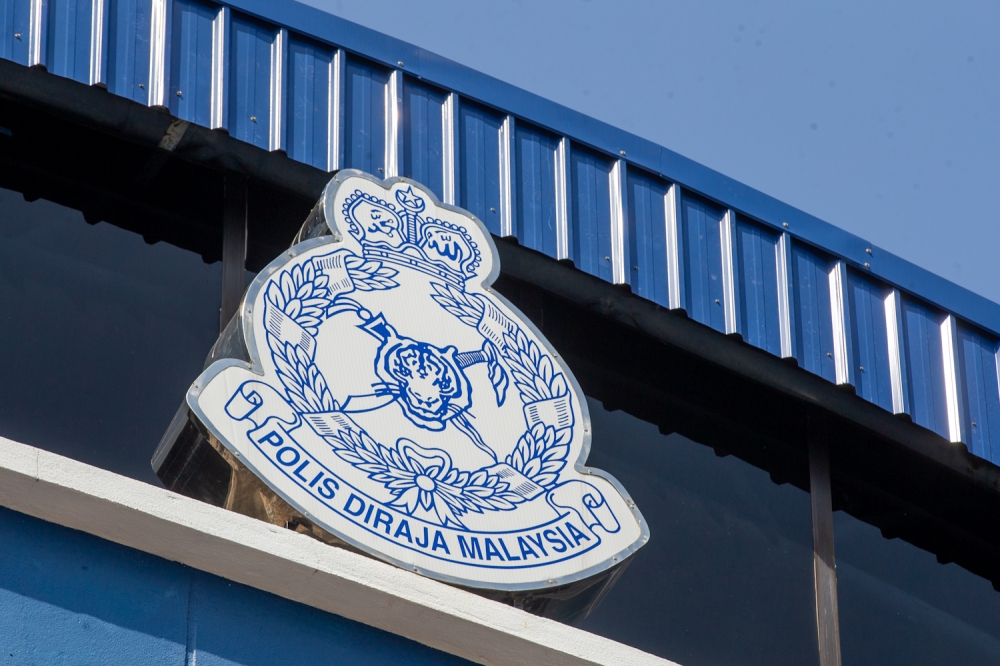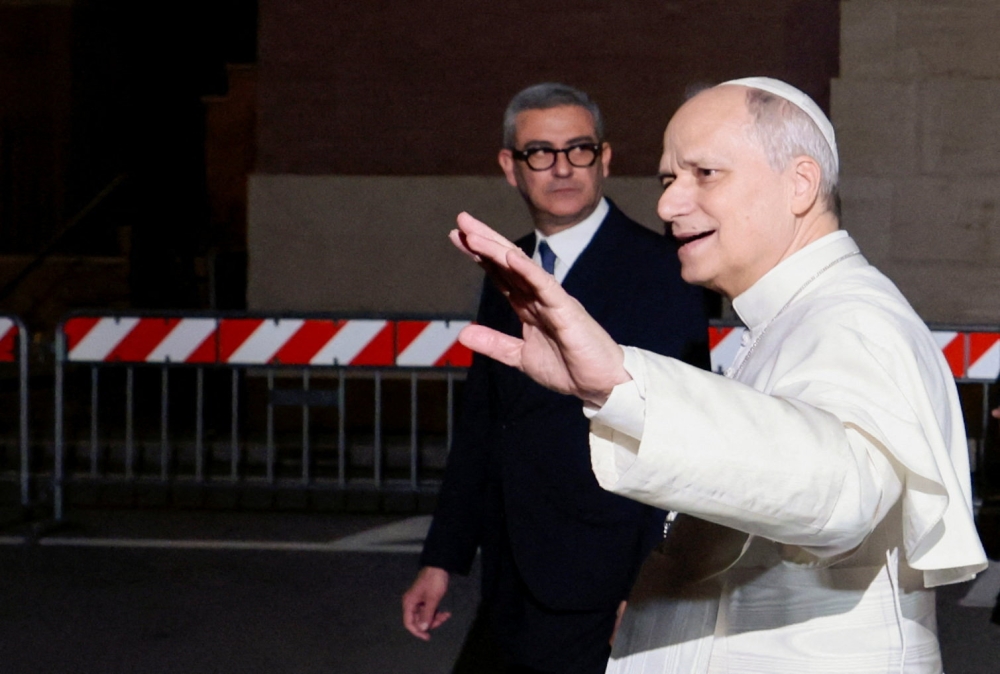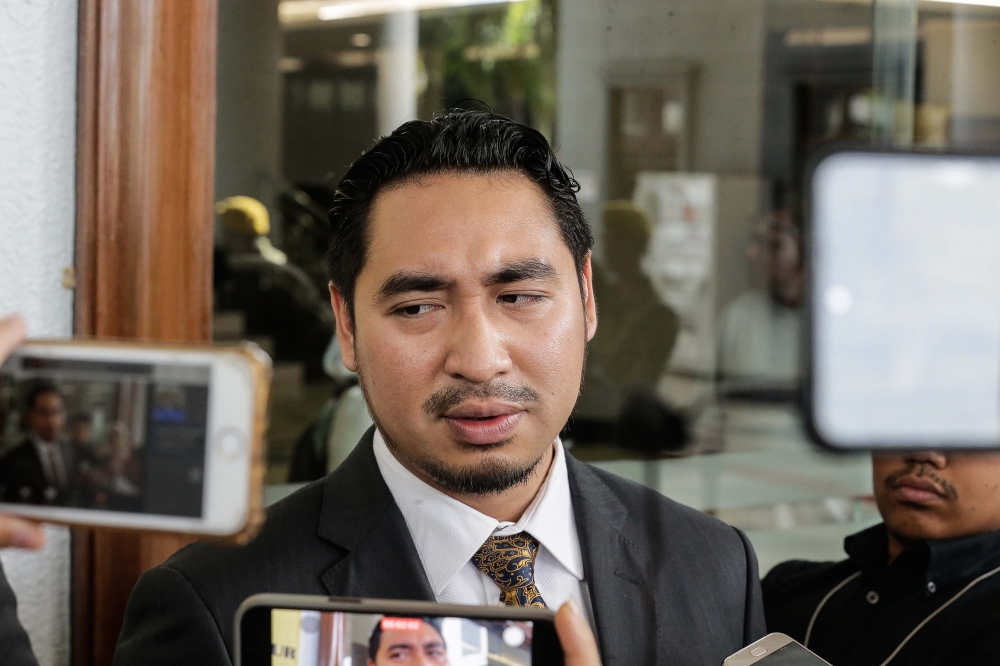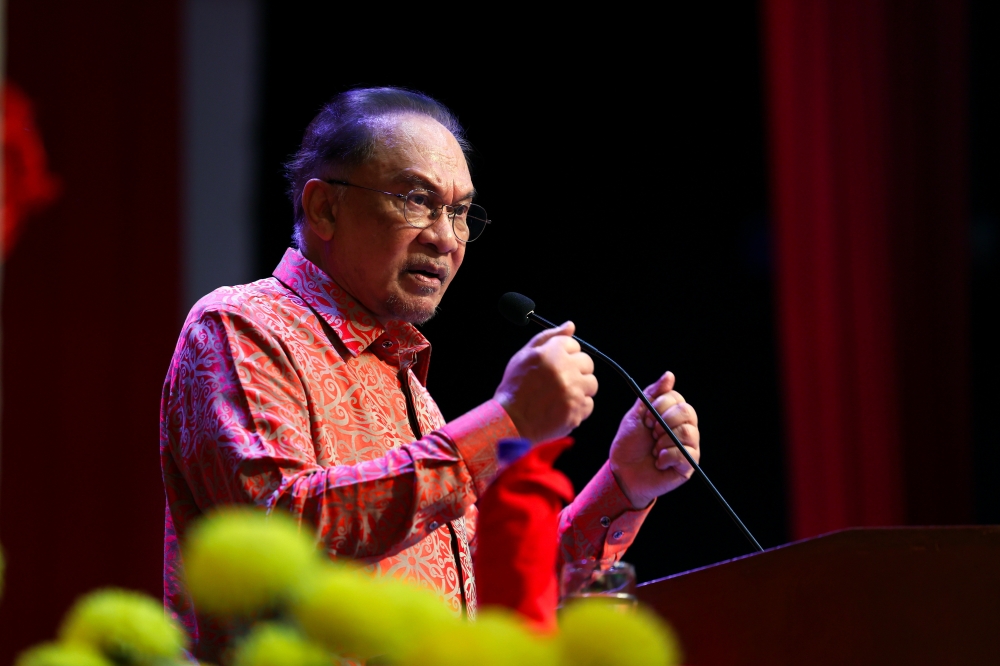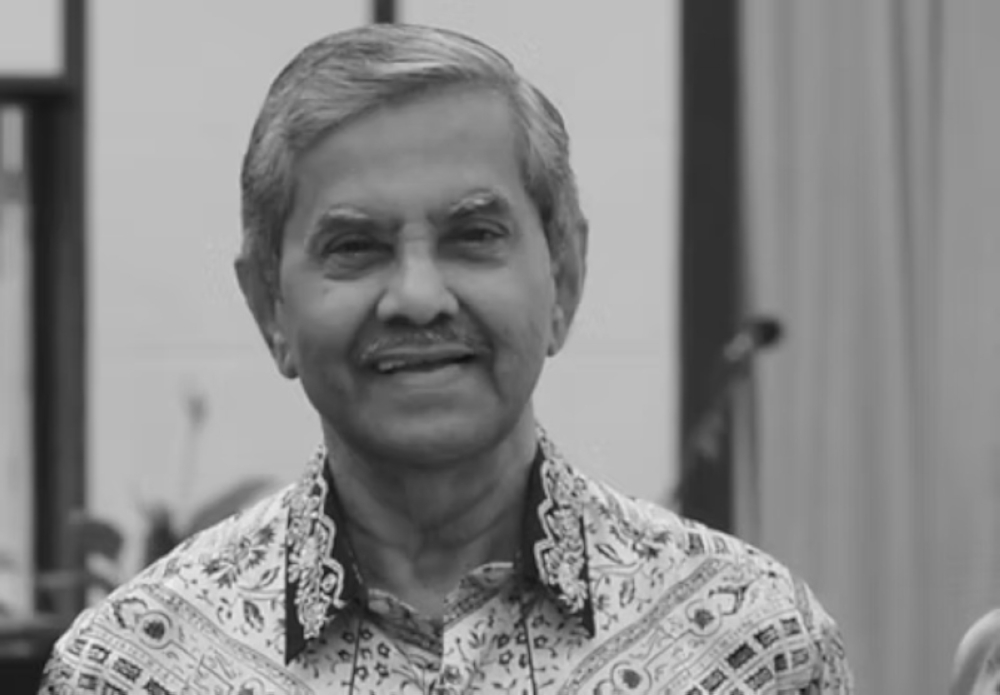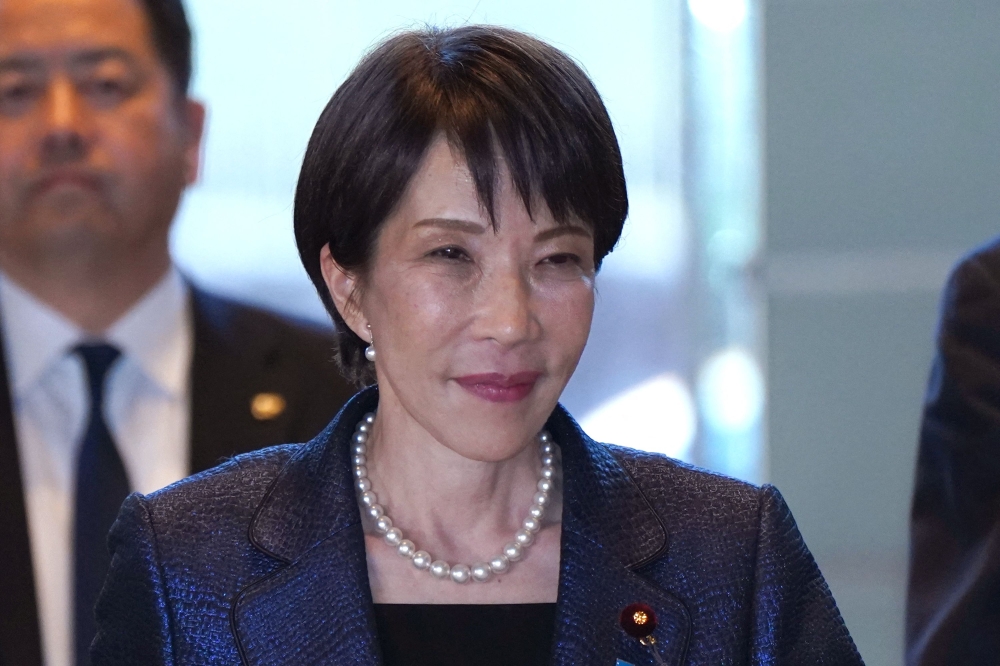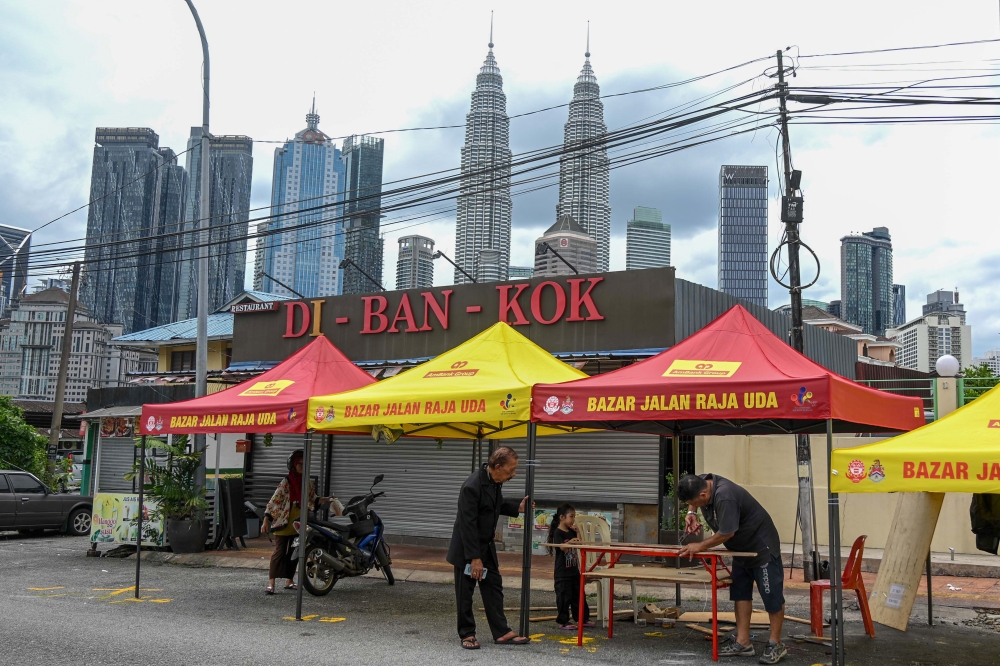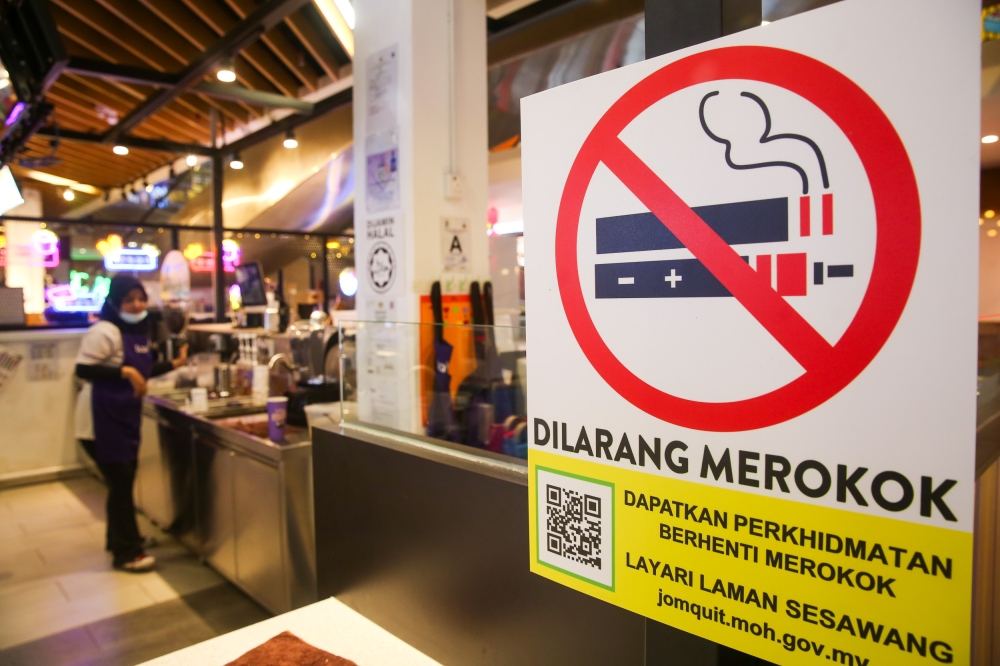KUALA LUMPUR, July 5 — A factual mistake was made in the current Form 1 history textbook painting the Portuguese as Christian zealots bent on furthering the Crusades campaign in 16th-century Muslim Malacca, a government historian has confirmed.
However, Dr Sivachandralingam Sundara Raja, who sits on the Education Ministry’s oversight panel on history books, insists the error was unintentional and there is no government conspiracy to subvert Christians in the country today.
“Yes, the fact is wrong and it is being looked at. This should not be assumed to be a covert agenda of the Education Ministry to spread such ideologies. That is not their intention and such an assumption is wrong,” Sivachandralingam told Malay Mail Online when contacted last week.
The associate professor from the University of Malaya’s History Department also said the correction will be reflected in the new edition of the history textbook to be released in 2017.
Concern over revisionist history on the content of the Form 1 textbook grew after local writer Uthaya Sankar SB highlighted a paragraph from the 2009 edition on his Facebook page last month. The same paragraph remained in the 2014 textbook.
“Kedatangan orang Portugis ke Timur dikaitkan dengan keinginan mereka meneruskan Perang Salib. Mereka ingin menghancurkan kerajaan Islam yang ada di Timur termasuk kerajaan Melaka yang merupakan pusat perkembangan dan penyebaran agama Islam. Pada masa yang sama, Portugis mahu menyebarkan agama Kristian.”
[Translation: The Portuguese arrival to the East was associated with their desire to continue the Crusades. They wanted to destroy the Islamic governments in the East, including the Malacca government that was a centre for the expansion and propagation of Islam. At the same time, the Portuguese wanted to spread Christianity.]
The controversial entry has since sparked fierce debate online.
Malay Mail Online is awaiting a written response from the Ministry of Education’s textbook division.
Wading in, Sivachandralingam clarified that the 16th-century Portuguese had voyaged to the east in search of precious spices – a rarity that fetched high prices in Europe back then.
“They just came for trade and not to occupy and take over the whole country, and definitely not for a crusade. In other parts of the world however, there was an intention to colonise but here, it was merely for trading, and this is what we call the three ‘G’ concept – gold, God and glory.
“At that time, any country with gold and silver was viewed as rich and this was what they wanted. They wanted to expand their empire and wealth and for this, they wanted to acquire spices to be sold in Europe for silver and gold,” he added.
The Crusades, which saw Christian armies engaging in a “holy war” with Muslims in the Middle East, is traditionally regarded by historians as having started in the 1095 and ending in 1291 or the late 13th century.
The same Form 1 history textbook states that Lopez de Sequeira arrived in Malacca with the Portuguese navy in the year 1509. The Portuguese captured Malacca in 1511.
Sivachandralingam blamed the writers of the textbook for shoddy historical research that resulted in the error.
“I am also in the committee of reference experts for Standard 4 till 6 and Form 1. I think sometimes it is the writers, at times they do not possess enough knowledge and this happens,” he said.
Seeking to allay anti-Christian fears, the historian said mistakes sometimes happen but the education committee will highlight them to the Education Ministry so that corrections can be made.
“It is not right to accuse the ministry of trying to exert some form of ideology. We attempt to picture history as it is, to reflect the contributions of all in the society,” he said.
Sivachandralingam said the Education Ministry had recently held a national level lab involving history teachers and experts in Port Dickson, Negeri Sembilan where mistakes and oversights in textbooks were identified.
“One of the issues raised was that the Form 4 history textbook is mostly Islamic Studies rather than history and everyone in the discussion agreed on it. This will be presented to the ministry’s director-general for correction, to reflect more of the multi-racial history in our country… we’re doing our best to ensure that this does not repeat… there are many unsung heroes in the ministry who work hard to ensure such mishaps do not happen,” he said.






